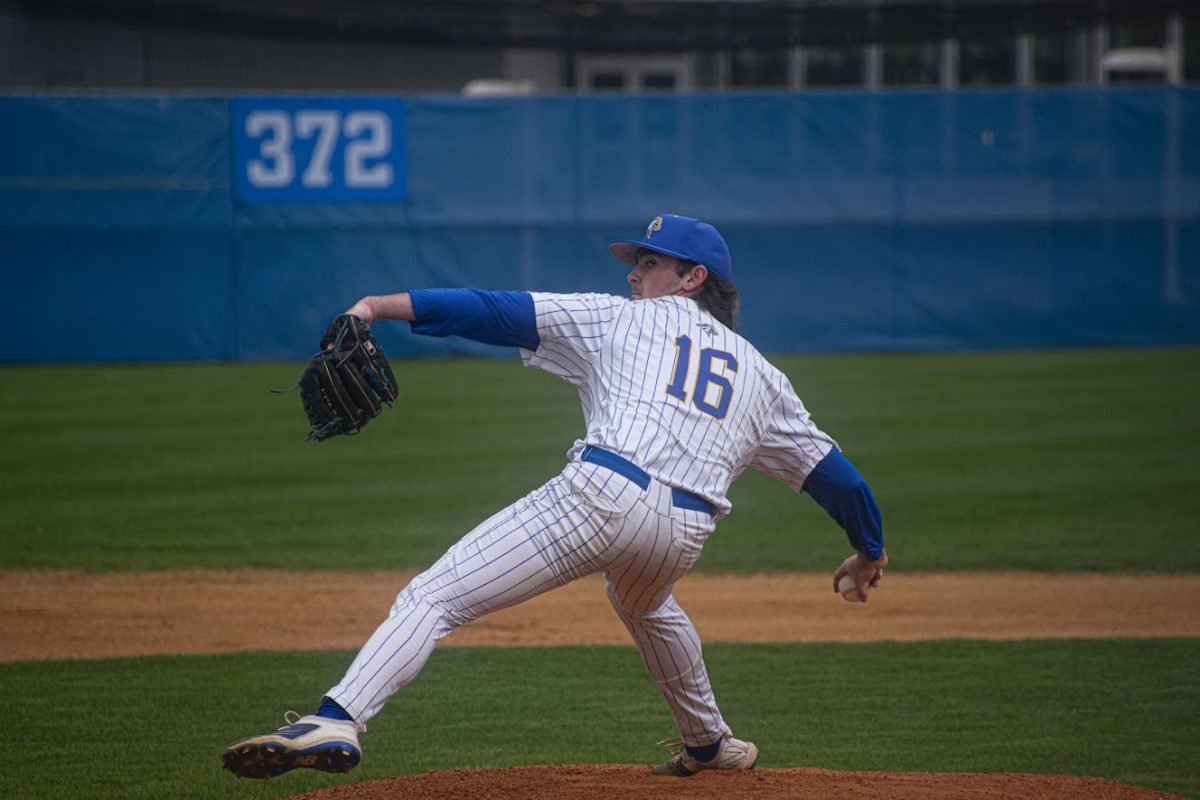From the Associated Press by Rohan Sullivan
SYDNEY – Anti-whaling ship the Bob Barker and a Japanese harpoon boat collided in icy Antarctic waters in the second major clash this year in increasingly aggressive confrontations between conservationists and the whaling fleet.
No one was injured in the clash Saturday, which each side blamed on the other.
The U.S.-based activist group Sea Shepherd, which sends vessels to confront the Japanese fleet each year, accused the Japanese ship of deliberately rammed the Bob Barker — named after the U.S. game show host who donated millions of dollars for the anti-whaling group to buy it.
But Japan’s Fisheries Agency said the activist boat caused the collision by suddenly approaching the harpoon vessel No. 3 Yushin Maru to throw bottles containing bad-smelling butyric acid at the Japanese ship.
The agency accused Sea Shepherd of “an act of sabotage” on the Japanese expedition, noting that it is allowed under world whaling regulations as a scientific expedition. Conservationists call the annual hunt a cover for commercial whaling.
Neither side’s account could be verified. Video shot from the Bob Barker and released by Sea Shepherd shows the two ships side by side moving quickly through the water. The ships come closer together and the Japanese ship then appears to turn away, but its stern swings sharply toward the Bob Barker. The collision is obscured by spray, but a loud clanging noise can be heard before the vessels separate.
Sea Shepherd founder Paul Watson said a 3-foot-long, 4-inch-wide (1-meter-long, 10-centimeter-wide) hole was torn in the Bob Barker’s hull, but it was above the water line and was not a threat to the ship. The Japanese agency said Yushin Maru sustained minor damage to its handrail and hull.
Bob Barker, famous for hosting “The Price is Right” for more than 30 years, said he had spoken to Watson about the collision and was happy to continue supporting the Sea Shepherd leader.
“I hope he is able to bankrupt them,” Barker told The Associated Press. “He wants to sink this Japanese whaling ship economically. He wants to make it so they can’t afford to continue to business. I’m all too happy to be able to support him.”
Barker described the $5 million he donated for the purchase of the ship as “one of the best investments I’ve ever made.”
Saturday’s collision was the second this year between a Sea Shepherd boat and the Japanese fleet.
On Jan. 6, a Japanese whaler struck Sea Shepherd’s high-tech speed boat Ady Gil and sheared off its nose. The Bob Barker then came to rescue the crew of the Ady Gil, which sank a day later.
Sea Shepherd and the whalers have faced off in Antarctic waters for the past few years over Japan’s annual whale hunt, with each side accusing the other of acting in increasingly dangerous ways.
Sea Shepherd activists try to block the whalers from firing harpoons, and they dangle ropes in the water to try to snarl the Japanese ships’ propellers. They also hurl packets of stinking rancid butter at their rivals. The whalers have responded by firing water cannons and sonar devices meant to disorient the activists. Collisions have occurred occasionally.
On Saturday, the Bob Barker found the whaling fleet for the first time since the Ady Gil clash, Watson said.
Watson said by satellite telephone on Saturday that the Bob Barker took up a position behind the Nisshin Maru — the Japanese factory ship where dead whales are hauled aboard and butchered — so the four harpoon vessels could not reach it.
“The harpoon ships started circling like sharks,” Watson said from his ship, the Steve Irwin. “They were making near passes to the stern and the bow of the Bob Barker, then the Yushin Maru 3 intentionally rammed the Bob Barker.”
Welders aboard the ship were patching the hole, and the Bob Barker would resume its pursuit of the whalers, Watson said.
The Japanese fisheries agency said the Bob Barker came to too close to the Yushin Maru 3, which “immediately moved away to avert a collision, but it was grazed in its tail area.”
The governments of Australia and New Zealand, which have responsibility for maritime rescue in the area where the hunt is usually conducted, say the fight between the two sides is becoming increasingly dangerous and have repeatedly urged them to tone it down.







